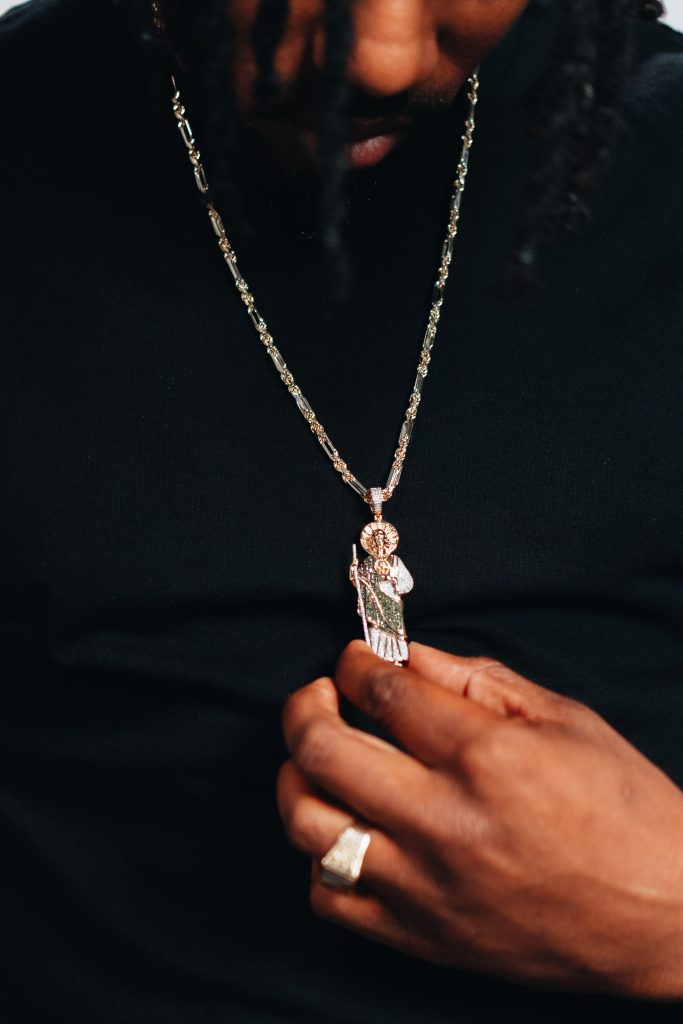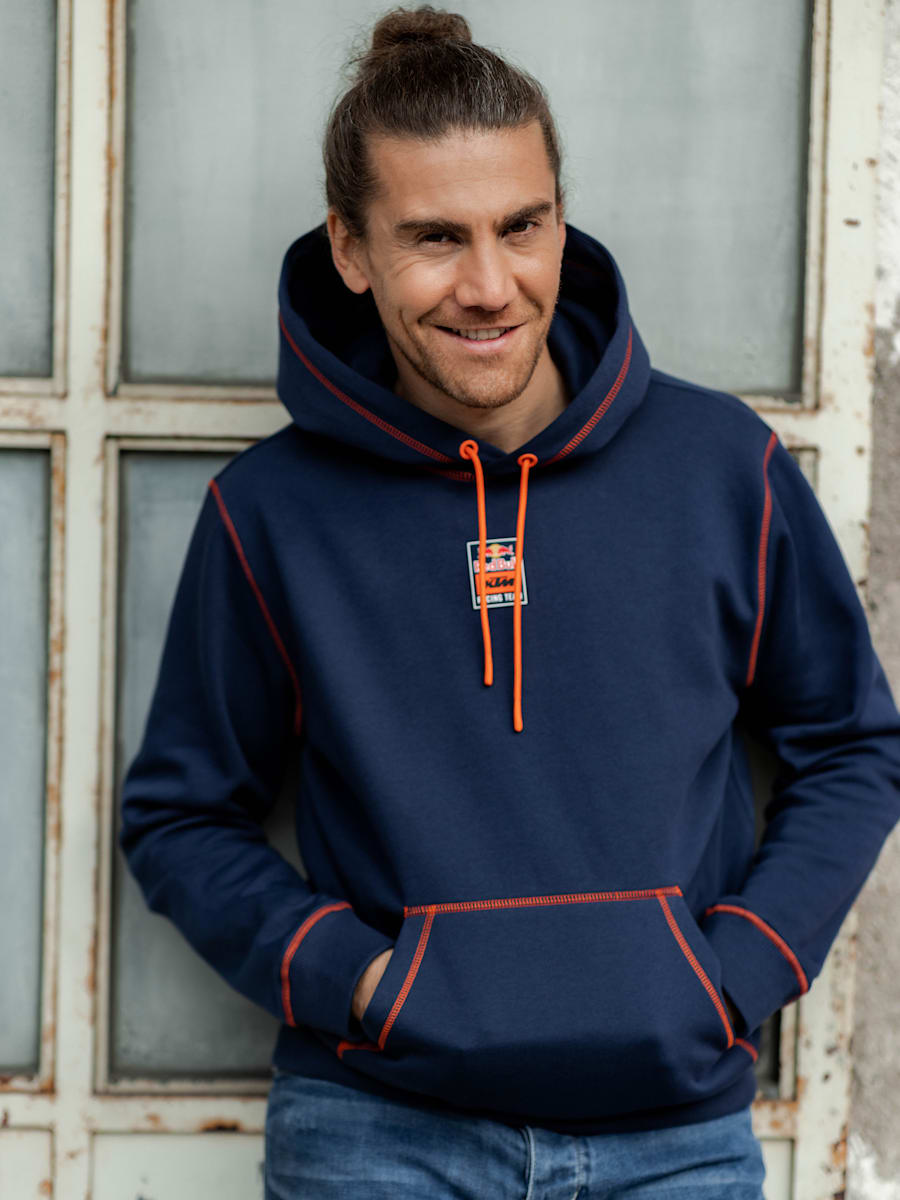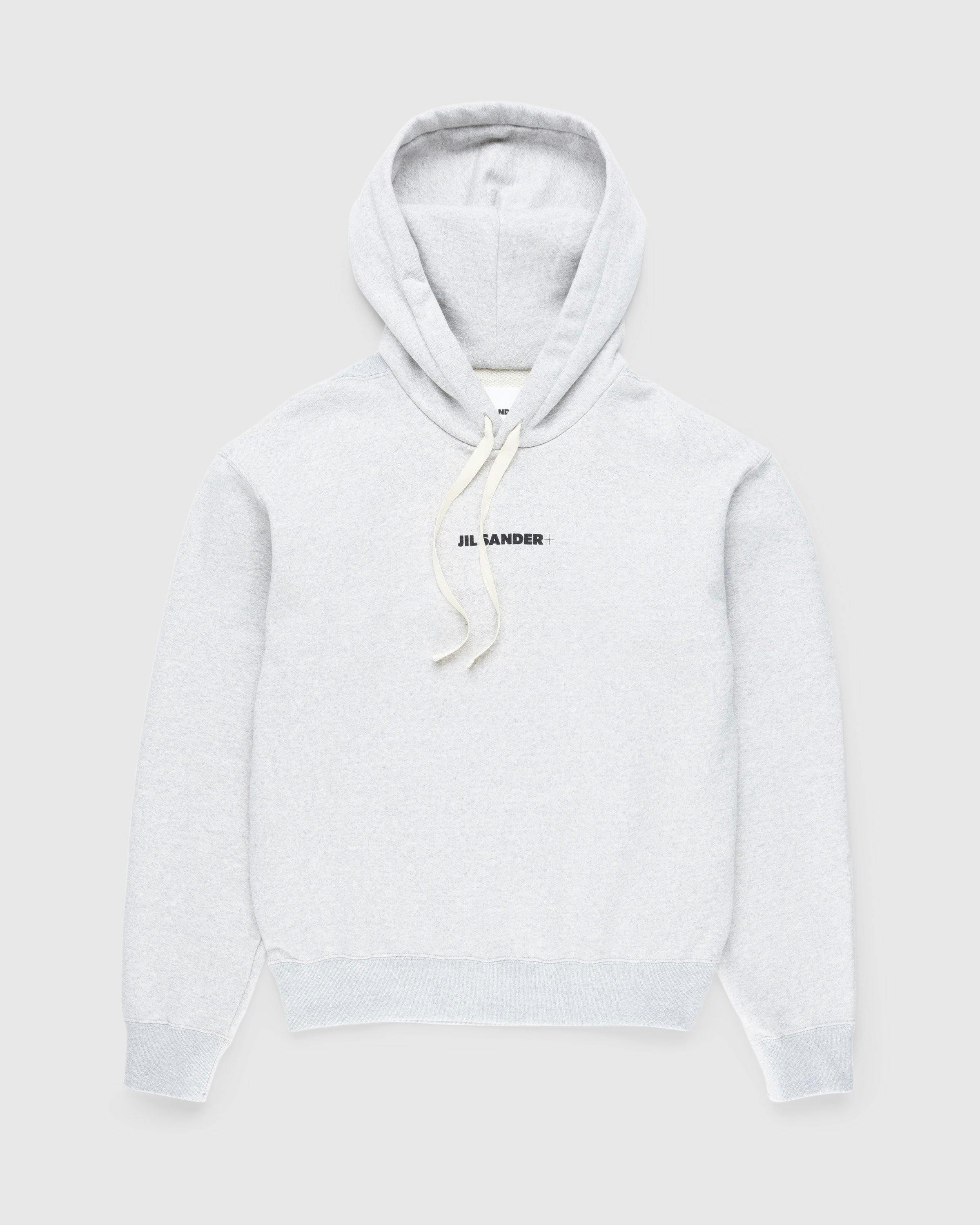Why has the fashion industry seen a surge in unique, community-driven clothing brands? A bold shift towards individuality and exclusivity is redefining how consumers perceive fashion. In an era dominated by mass production, these niche brands are carving out a distinct space for themselves by offering limited collections and one-of-a-kind pieces. Los Angeles-based Pythia stands as a prime example of this trend, focusing on releasing handmade items that cater to those seeking something truly unique. Their commitment to craftsmanship and exclusivity resonates with a growing demographic of consumers who value personal expression over conformity.
The appeal of such brands extends beyond mere aesthetics; it's about fostering connections within communities. Platforms like Instagram play a pivotal role in amplifying their reach, allowing creators to share stories behind each piece and engage directly with their audience. For instance, Pythia leverages its social media presence not just to sell products but also to build relationships with customers who appreciate authenticity. This approach contrasts sharply with traditional retail models where interaction often feels impersonal or transactional. Moreover, collaborations between artists and designers further enrich these brands’ offerings, adding layers of creativity and innovation.
| Name | Pythia Clothing |
|---|---|
| Founder(s) | Community-Driven (Details Unavailable) |
| Established | Date Not Disclosed |
| Location | Los Angeles, California |
| Specialty | Handmade, Limited-Edition Pieces |
| Social Media | @Pythia on Instagram |
| Website | Official Website |
In addition to Pythia, other brands have emerged, capitalizing on specific niches within the market. Take, for example, Brand Jewelry Co., which initially gained traction through TikTok. While some users praised its trendy designs, others criticized aspects such as quality control and fulfillment processes. Such feedback underscores the importance of transparency and accountability in maintaining consumer trust. Despite controversies, the brand managed to attract attention due to its distinctive aesthetic, proving that even amidst criticism, visibility can translate into sales if executed correctly.
Another noteworthy player in this landscape is ABLE, a Nashville-based company known for its ethical practices and dedication to empowering women. Unlike fast-fashion competitors, ABLE emphasizes sustainability and fair labor standards in producing leather goods, jewelry, and apparel. Their mission aligns closely with modern values prioritizing environmental responsibility and social justice, making them appealing to conscientious shoppers. By intertwining product quality with meaningful causes, they create lasting bonds with their clientele.
On the opposite end of the spectrum lies Joker Brand, specializing in bold, edgy styles epitomized by their Original Hoodie collection. Available in various sizes ranging from small to triple extra-large, these hoodies cater to fans of striking visuals and confident self-expression. Retailing at $80 apiece, they represent more than casual wear—they symbolize membership in a subculture defined by audacity and flair. Similarly, Selena Gomez’s official merchandise shop offers hoodies alongside other items, tapping into celebrity culture while promoting fan loyalty.
Meanwhile, Amazon continues to serve as a hub for diverse options catering to different age groups and preferences. Products like the Colorado Kids Hoodie Sweatshirt exemplify how major platforms integrate smaller labels into their inventory, providing broader exposure without diluting individual identities. These partnerships benefit both parties: established retailers gain access to fresh talent, while emerging brands secure credibility via association with reputable names.
Yet challenges remain for upstart enterprises navigating this competitive terrain. Ensuring consistent quality, managing supply chains efficiently, and standing out amid countless alternatives require strategic foresight and adaptability. Furthermore, balancing growth ambitions with core principles poses another hurdle, particularly for ethically oriented firms striving to preserve integrity during expansion phases.
Ultimately, the rise of boutique brands reflects shifting paradigms in consumer behavior. People no longer settle for generic solutions when bespoke alternatives exist. Whether driven by artistic passion, cultural relevance, or moral conviction, these innovators reshape what constitutes desirable attire today. As technology evolves, so too will opportunities for creatives eager to disrupt conventional norms and redefine personal style—one stitch at a time.
For those yearning for cozy yet stylish comfortwear, options abound across platforms. From high-end luxury labels to grassroots startups, there exists something suitable for every taste and budget. The key lies in discerning authentic voices amidst noise—an endeavor requiring diligence but rewarding satisfaction once successful matches occur. After all, clothing isn't merely fabric draped over bodies—it tells stories, conveys messages, and shapes identities. And right now, those narratives are being written anew daily.



